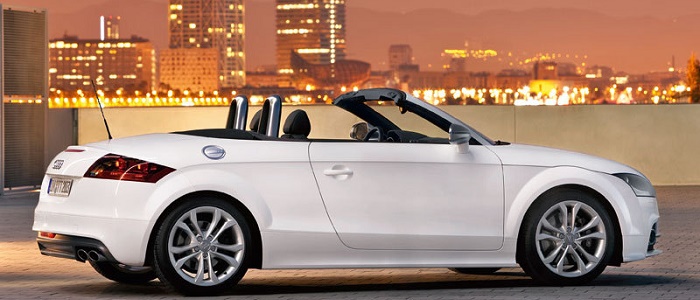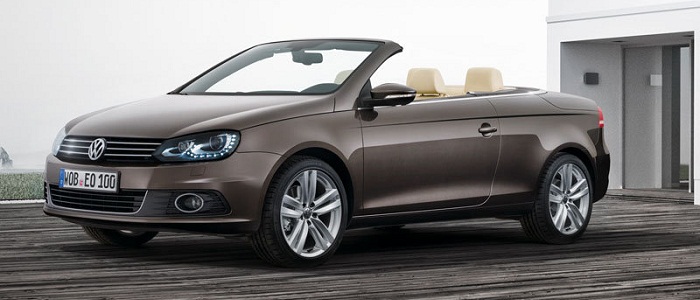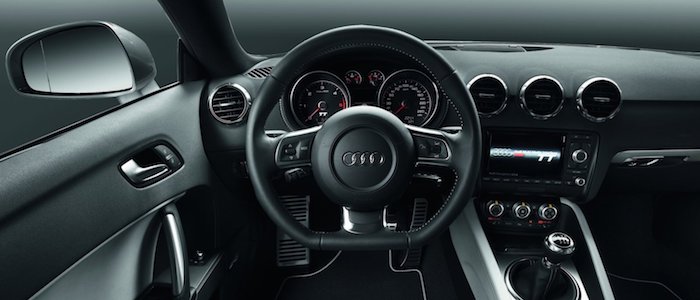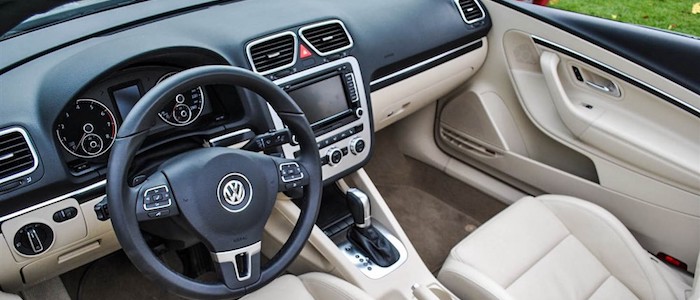Compare two cars
Compare any two cars and get our Virtual Adviser™ opinion
Marketing
Dimensons & Outlines
Engine
Performance (manual gearbox)
Performance (automatic gearbox)
Expenses
Virtual Adviser's™ opinion
Two significantly similar cars, no doubt about that. Still, each one has something different to offer. Having both cars powered by diesel engines and utilizing the 2-door cabriolet body style within the same 'Sports car' segment, the only major difference here really is their wheel drive configuration (4 x 4 for the Audi and front in the case of the Volkswagen). Both the engines are Volkswagen-engineered . The first one has a 4-cylinder, 16-valves 170hp unit, while the other one gets its power and torque from a 4-cylinder, 8-valves 140hp one.
SafetyThe first thing to look into here would be the results from European New Car Assessment Programme (Euro NCAP) tests performed on the two cars. Good thing is that both vehicles got tested, with the same number of safety stars gained in the process. Still, apart from the official crash test results there are other things we need to be aware of. Both vehicles belong to the sports car segment, which is generally classifying them somewhere in the middle safety-wise, still it doesn't help us solve our dilemma, does it? On the other hand, taking kerb weight as an important factor into account, Eos offers a marginal difference of 5% more metal.
ReliabilityI don't like generalizing things when it comes to reliability, although it does seem that Volkswagen does have a slight advantage, at least on all of the models level. These are the official statistics, while our visitors describe reliability of Audi, as well as Volkswagen, with the same average rating of 4.2 out of 5. Unfortunatelly, I don't have enough insight that would allow me to comment in more details on the specific models level. That apart, owners of different cars powered by the same engine as Audi TT rank it on average as 4.2, while the one under the competitor's bonnet gets 4.4 out of 5.
Performance & Fuel economyAudi is undoubtly more agile, reaching 100km/h in 2.6 seconds less than its competitor. In addition to that it accelerates all the way to 223 kilometers per hour, 16km/h more than the other car. When it comes to fuel economy the winner has to be Eos, averaging around 4.8 liters of fuel per 100 kilometers (59 mpg), in combined cycle. We can't ignore that 15% difference compared to Audi TT.
Verdict
Volkswagen appears just a bit more reliable, although the difference is truly marginal. The most important thing when deciding between any two vehicles should always be safety, both passive and active. In my opinion, everything taken into account, Eos offers slightly better overall protection and takes the lead. From there things take a different direction, with Audi being considerably quicker, thus putting more smile on driver's face. It does come at a cost though, and that's the fuel consumption... I believe that, when we take all into account, we have only one winner here - the Volkswagen. In any case that's my personal view, built upon all the data available to me. What should decide here though is the way you feel about the two vehicles, and I hope you'll find my guidelines useful in the process. In case you have two minutes to spare I invite you to define your needs, desires and budget and see which car would be chosen by the virtual adviser™, among more than 12.000 different ones in our database.


































